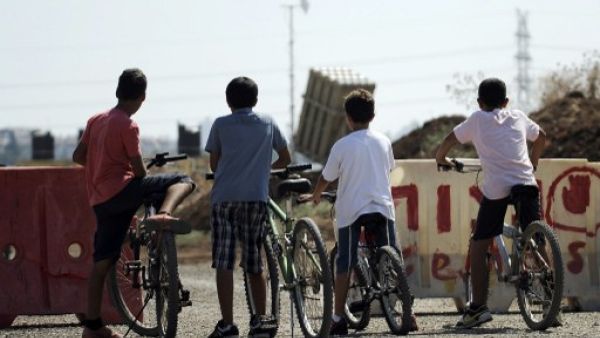About half of Israelis are dissatisfied with the economic situation, and more than a third are unable to pay their household expenses, according to the first section of the social survey published today by the Central Bureau of Statistics. The survey reported that 47% of Israelis aged 20 or older were dissatisfied with the economic situation: 45% of Jews and 59% of Arabs. 14.5% felt poor during the past year (about 725,300 people).
Which Israelis feel poor? Haredim (ultra-Orthodox) (22%, compared with 10% of non-Haredim) and Arabs (29%, compared with 12% of Jews). In addition, the feeling of poverty increases as income falls and the number of children increases. Surprisingly, the figures also indicate that the feeling of poverty increases as age decreases; 17% of young people (aged 20-44) report that they feel poor, compared with 9% of those aged 65 or higher.
The figures also show that 39% of those aged 20 or more reported that they were unable to pay all of their household expenses. The problem is most acute among Arabs, 62% of whom reported inability to pay their expenses, compared with 34% of Jews.
One quarter of Israelis (27%) reported that their economic situation was worse than it was five years ago.
One sign of poverty is the foregoing of essential services. According to the figures, 16% of Israelis (822,000 people) ate less for economic reasons during the past year. 11% failed at least every other day to eat a hot meal, 41% (2.1 million) used inadequate heating or cooling of their homes, and about a tenth of the population (360,000 people) refrained from buying medicine.
There is reason for optimism: 40% of Israelis believe that the economic situation will improve in the coming years, and only 17% believe it will worsen. The degree of optimism depends on nationality (40% of Jews, compared with 35% of Arabs). A third of young Arabs, a quarter of Haredim, and more than 40% of non-Haredi Jews aged 25-44 reported that their economic situation today was better than it was in the home where they lived when they were 15 years old.








